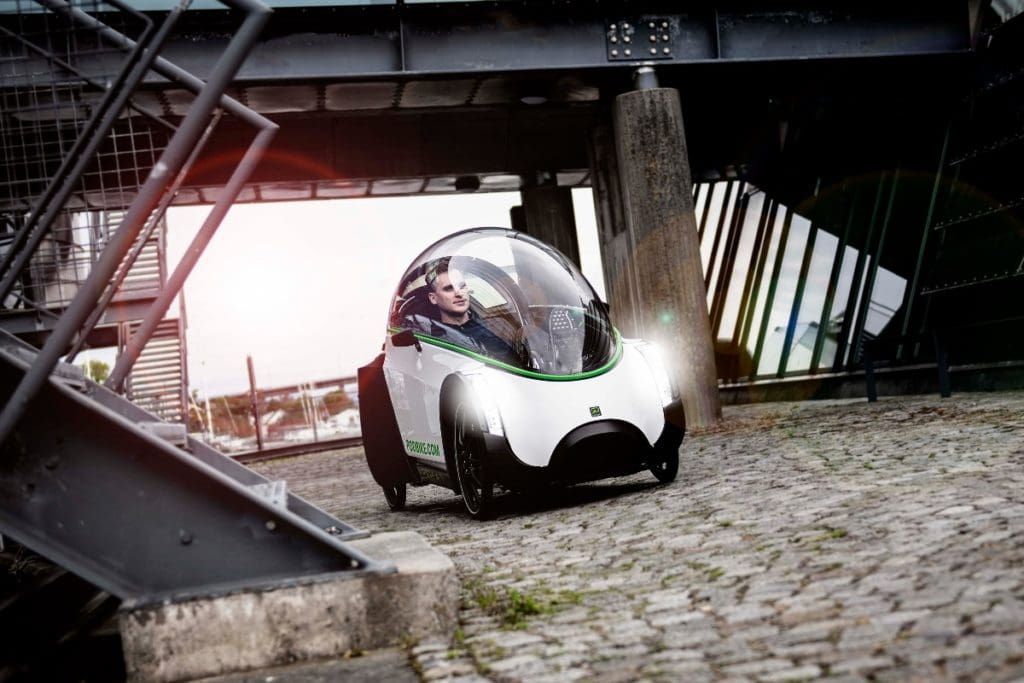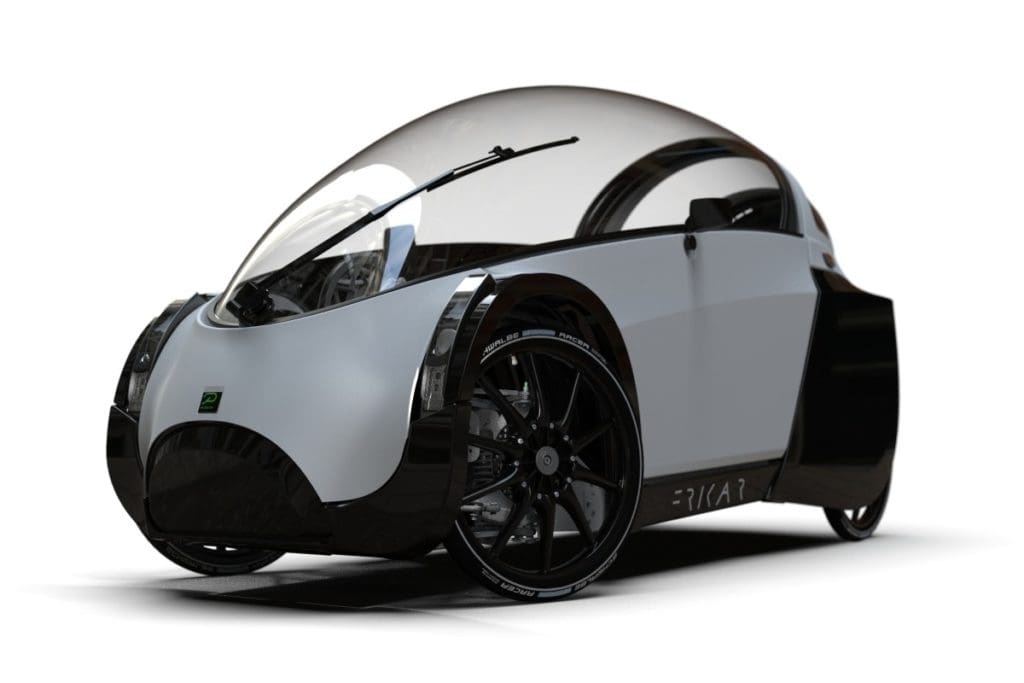Podbike Scales Up Ahead of Frikar Launch

Stavanger, Norway
Norwegian manufacturer Podbike is restructuring its management team as it steps up its operation and prepares for the release of its Frikar four-wheeled electric vehicle this year.
Podbike has promoted its Chief Operations Officer, Åge Højmark, to the role of new CEO, as the company “transitions from start-up to early growth phase”, with production scheduled to begin in April.
“Kicking off 2022, we are accelerating the transition by making changes to the management structure and by launching a recruitment campaign to further strengthen our team,” the company says in a statement.
“For the last 8 months, Åge Højmark has served as COO in Podbike and has been instrumental in setting up the company for this next phase.”
Company co-founder Anne-Lise Heggland has held the dual roles of CEO and Chief Finance Officer for the past six years and will now focus on her CFO duties.
Anne-Lise said she is looking forward to dedicating more of her time to developing the financial planning and control required as the company grows.
“This is an important next step in the development of Podbike. We now have an experienced Board and Management in place to take the company through the next phase,” Anne-Lise and fellow company founder Per Hassel Sørensen said in a statement.
“This is the culmination of our effort since we started the company six years ago and will allow increased focus on delivering Podbike´s growth plan.
“This corporate transition has long been planned. It will help us achieve our goal of moving from feisty start-up (2016) to new player in the industry of green, personal mobility.”

Podbike last year held a string of public launches for the Frikar, which blurs the lines between e-bike and electric car. It is classified as an e-bike and therefore doesn’t need to be registered and can access bike paths.
However, it has four wheels and a full-enclosed cockpit, complete with filtered air and optional heating to provide rider comfort during Nordic winters. The canopy also contributes to aerodynamic efficiency but can be removed on warmer days.
The Frikar has been designed to travel autonomously in the future, to be ‘part of a new transportation ecosystem, and will travel at 6kmh in driverless mode.
The 2.3m-long, 90kg Frikar could also be considered an electric cargo bike, with room for a small passenger in the 160 litres of storage space behind the main seat.
Podbike is has more than 3,400 pre-orders for Frikars and has announced it will exclusively manufacture the Frikar PLUS e-bike initially, to keep construction less complicated in the early stages.
However, the company will eventually offer a Frikar Standard version.
In an email to subscribers this week, Podbike said it was looking to set a benchmark for seatbelts in e-bikes, and specifically cargo bikes.
Seatbelts are optional in the Frikar and Podbike has submitted a proposal for the Frikar “based on cargo bikes”.
“A standardised method of testing seat belts does not exist for e-bikes.
“We hope the EU’s standardisation committee will accept our seatbelt proposal as part of a new, harmonised standard.”
Join the Conversation:
Do you think this is a micromobility niche likely to attract much interest in Australia?
